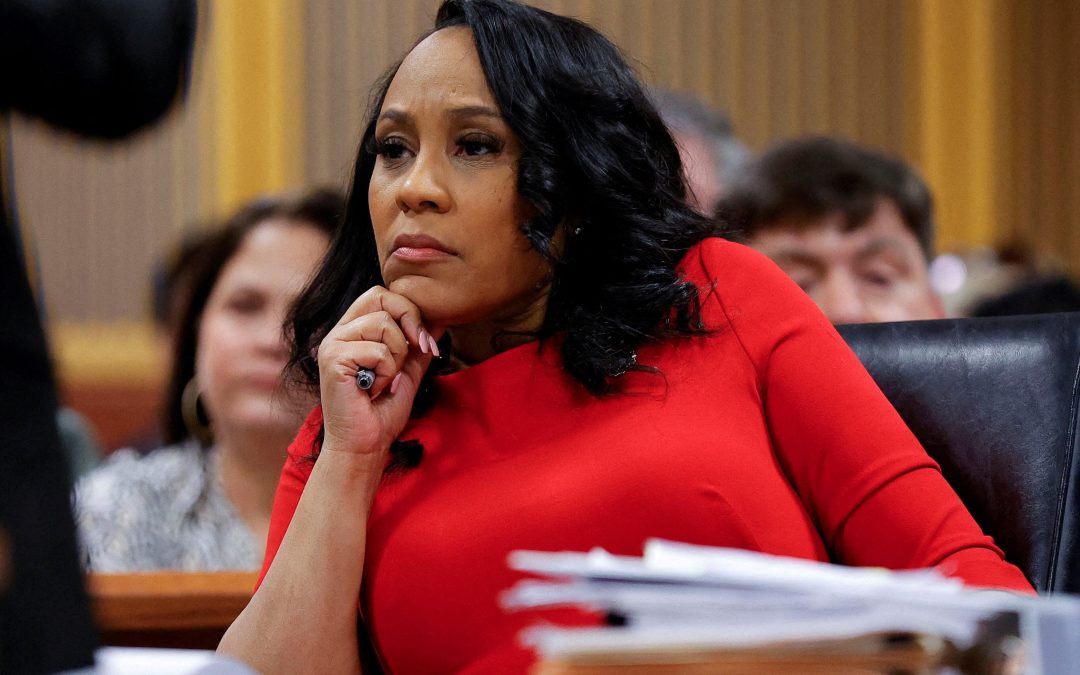The Importance of Independence in the Prosecution of Election Interference
In the ongoing case regarding election interference, the defendants are once again raising concerns about the role of Fani T. Willis in the prosecution. This raises important questions about the fundamentals of our justice system, the importance of prosecutorial independence, and the need for innovative solutions to ensure a fair trial.
A Question of Bias
The defendants’ argument revolves around the contention that Fani T. Willis may have a bias that could hinder her ability to carry out a fair and impartial prosecution. This allegation underscores the crucial need for prosecutorial independence; a principle that ensures the pursuit of justice is devoid of any bias or personal agenda.
However, it is essential to distinguish between legitimate concerns of bias and attempts to undermine the prosecution for political or strategic reasons. Prosecutorial independence is not a guarantee against criticism, but a necessary safeguard against undue influence or interference in the pursuit of justice.
The Role of Ethics
In order to address these concerns of bias, it is important to examine the ethical obligations of prosecutors. They are duty-bound to exercise unbiased judgment and to follow legal process without prejudice. To further uphold the principles of justice in high-profile cases such as election interference, robust mechanisms must be established to ensure accountability and transparency.
One innovative proposal is the appointment of an independent oversight or review body that monitors the actions of prosecutors in such cases. This body would consist of experts in law and ethics who would assess the integrity of the prosecutor’s decisions and mitigate any concerns of bias.
The Power of Collaboration
Another potential solution lies in fostering collaboration between multiple prosecutors in high-profile cases. By involving a diverse team of professionals, the risk of individual biases influencing the prosecution can be mitigated. Collaborative efforts not only ensure a broader perspective but also promote transparency and accountability.
Moreover, the utilization of technology and data analysis can provide additional insights, minimizing the subjective influence of individual prosecutors. Advanced algorithms can aid in identifying trends, patterns, and potential biases, thus making the process more transparent and fair.
Preserving the Integrity of Justice
In any case involving election interference, maintaining the integrity of the justice system is crucial. The principles of justice should guide all decision-making processes, ensuring that the pursuit of truth outweighs any personal biases or strategic considerations.
While concerns over the objectivity of prosecutors will always persist, it is through innovative solutions and ideas that we can strive to minimize potential biases and preserve the integrity of the justice system. By advancing mechanisms that encourage transparency, collaboration, and accountability, we foster a system that upholds justice and ensures fair trials in the face of interference in our democratic processes.
Let us remember that justice should never be overshadowed by personal agendas. We must embrace innovative solutions that safeguard prosecutorial independence, promote ethical practices, and ensure a fair trial for all.
